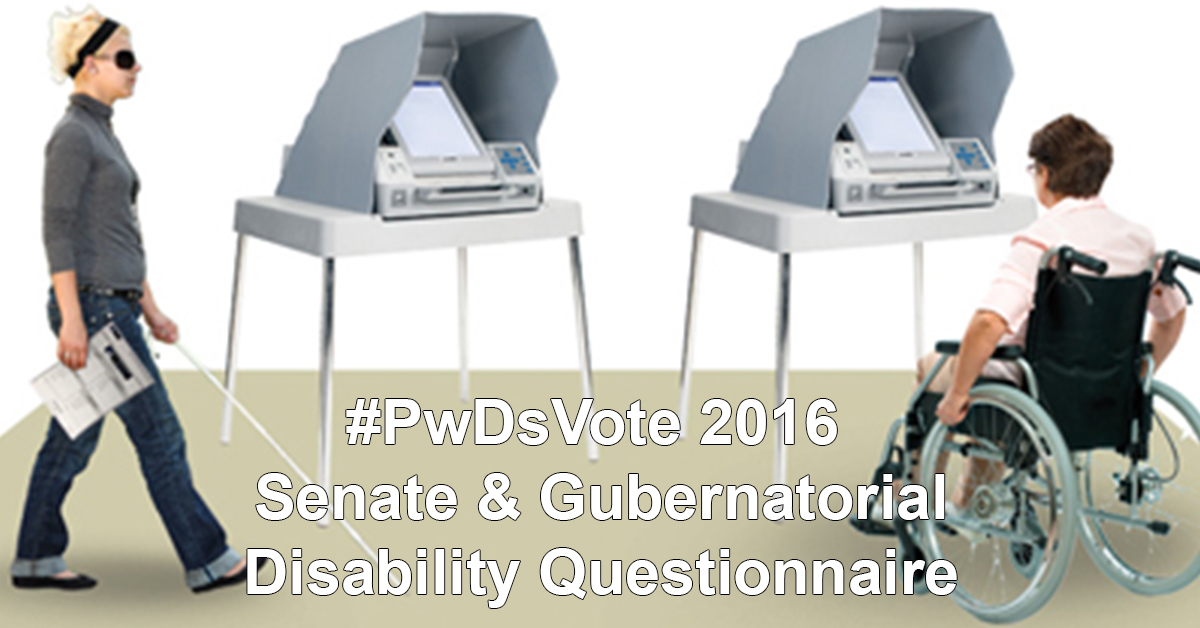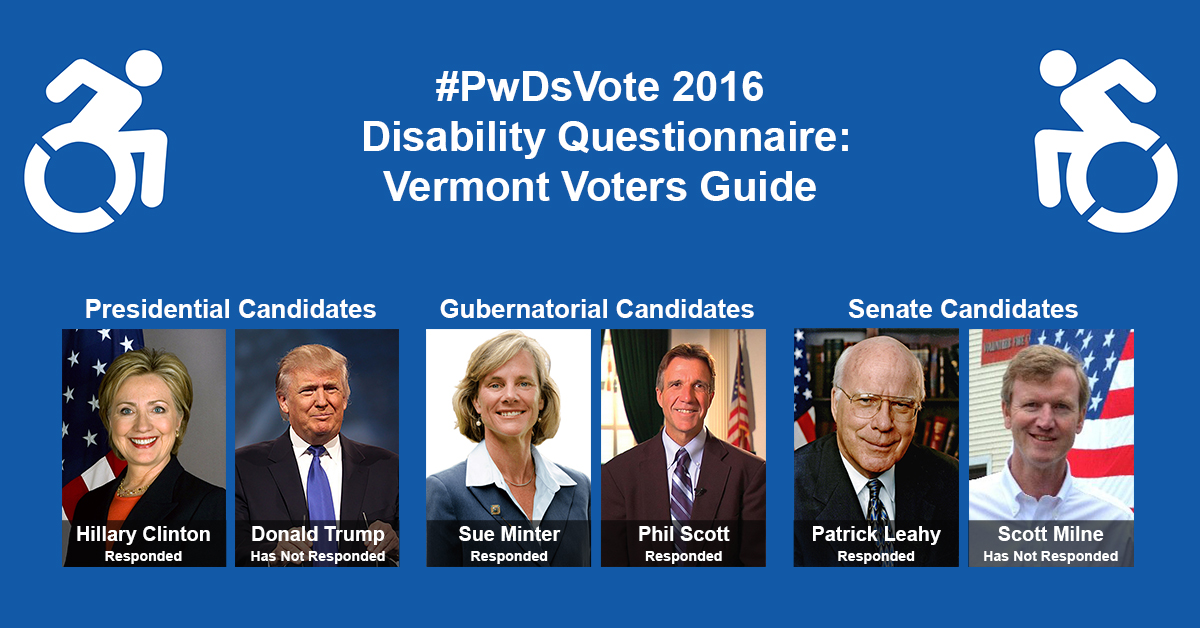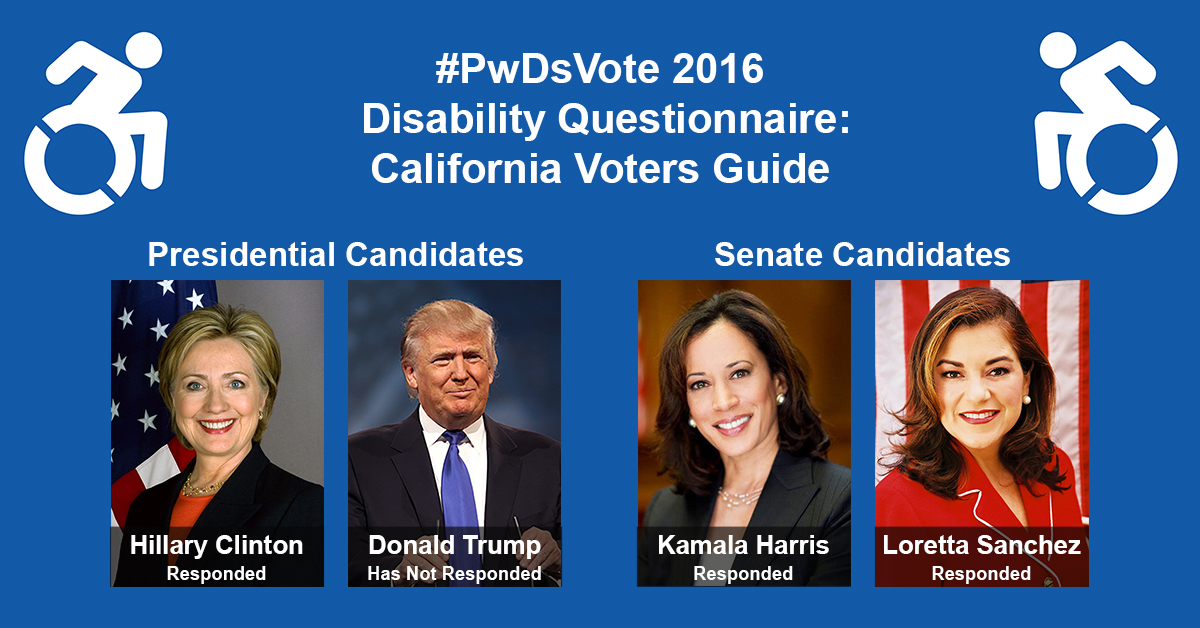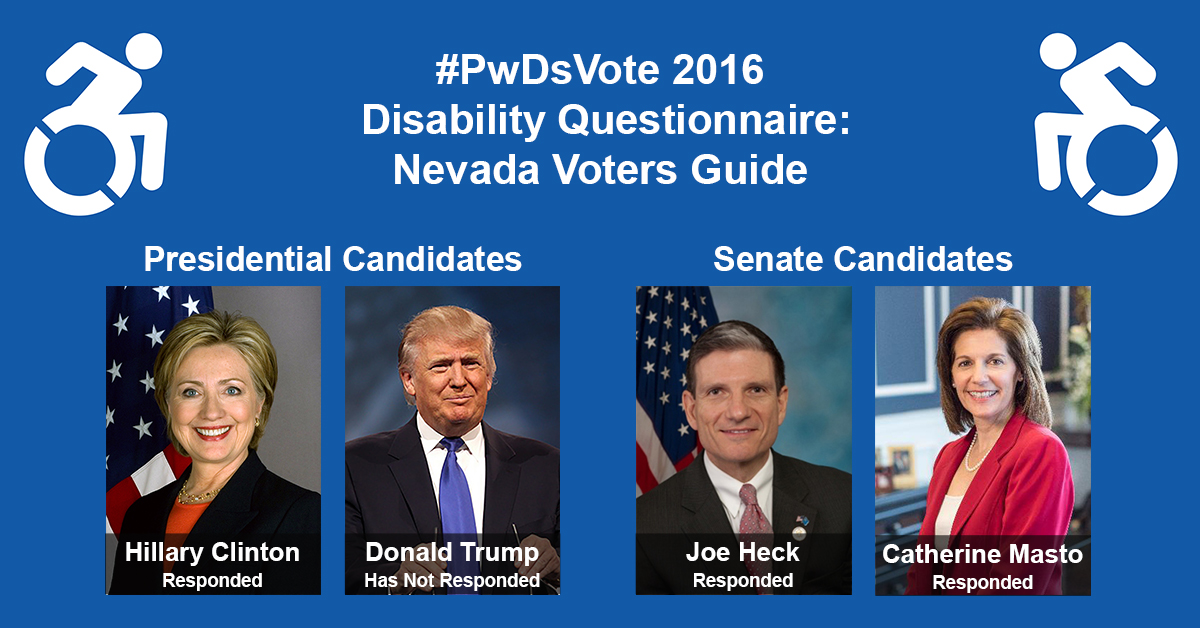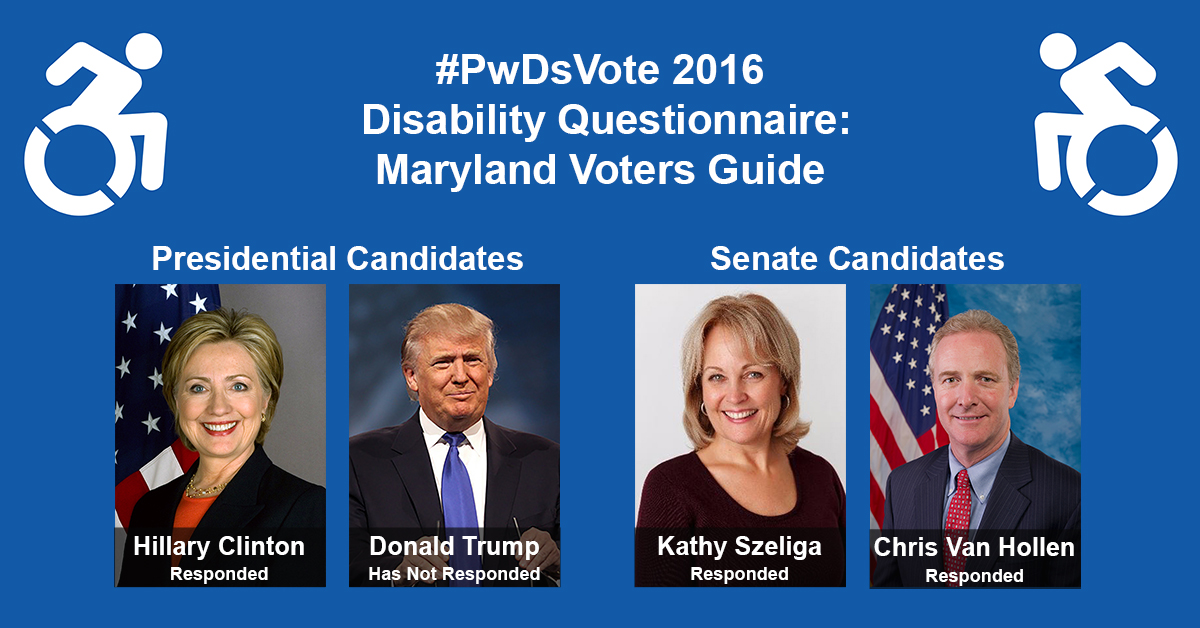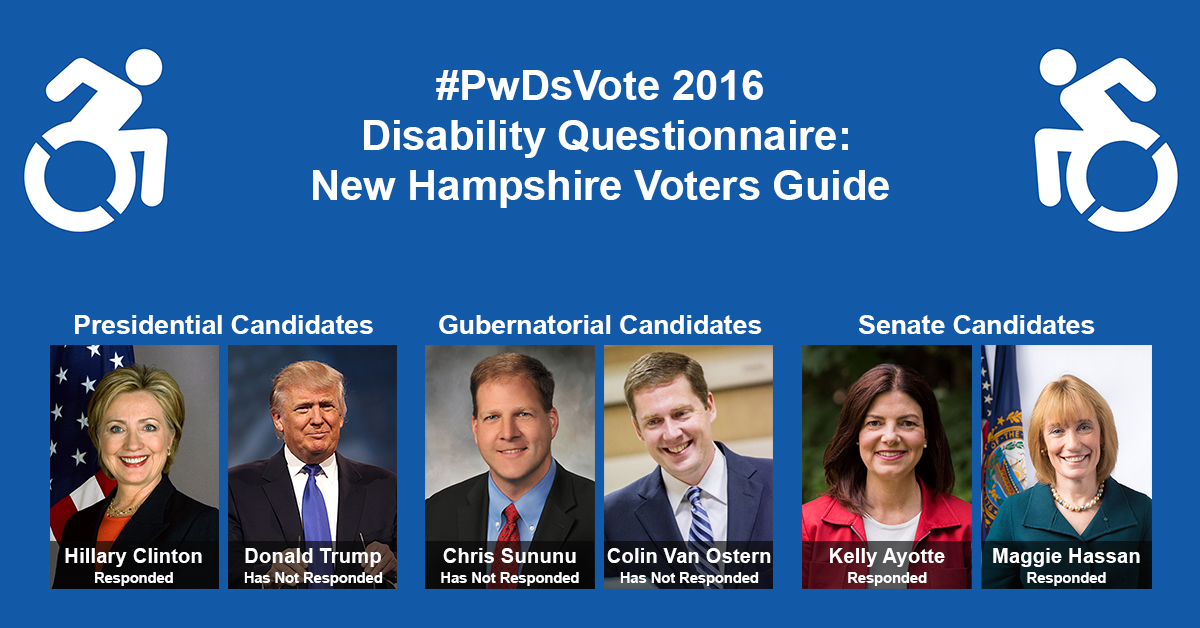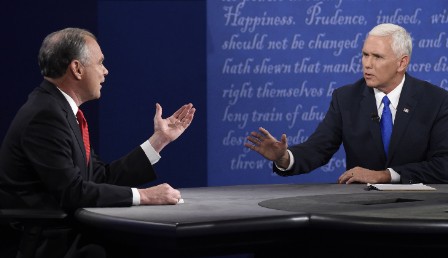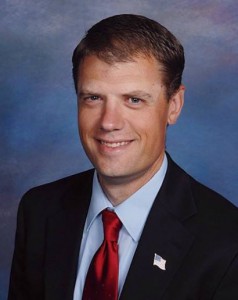 Washington, Oct. 5 – During this presidential campaign, the disability community has seen its issues discussed like never before – in policy proposals, party platforms, conventions and in the media.
Washington, Oct. 5 – During this presidential campaign, the disability community has seen its issues discussed like never before – in policy proposals, party platforms, conventions and in the media.
But we haven’t yet witnessed presidential candidates answering a debate question about disability rights. People with disabilities – and those who care about them – can make a huge difference in changing that.
The “town hall” debate on Sunday, Oct. 9, will feature questions from the Internet. ABC and CNN moderators agreed to consider the top 30 questions voted up on the Open Debate Coalition site.
This gives us an incredible opportunity to demonstrate the size and strength of our whole community by voting in support of a disability debate question.
The question, “How would you value disability rights in your presidency?” is currently in the top 80 out of almost 10,000 questions that have been submitted!
If you want a question on disability rights to be asked during the next presidential debate, VOTE on this question for Hillary Clinton and Donald Trump to answer. Also, please share it widely with your networks.
